February 2020
Tracking down the mystery of matter
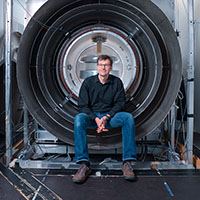
A complex research experiment lasting several years shows that the electric dipole moment of the neutron is significantly smaller than previously assumed. It has thus become less likely that the existence of matter in the universe can be explained by precisely this dipole moment.
Calculating the beginnings of the coronavirus epidemic
News
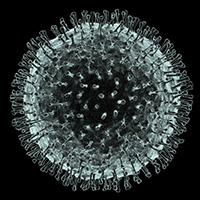
Analyses of publicly available genome data provide clues to the beginnings of the coronavirus epidemic in China. Researchers from the Department of Biosystems Science and Engineering at ETH Zurich in Basel used a statistical model they had developed in recent years.
How enzymes build sugar trees
News
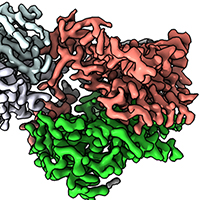
Researchers have used cryo-electron microscopy to elucidate for the first time the structure and function of a very small enzyme embedded in cell membranes. This enzyme builds complex sugar trees that are subsequently attached to other membrane proteins. The findings could accelerate the development of new, protein-based medications.
Better care: fast, sensitive blood tests for use at home
News
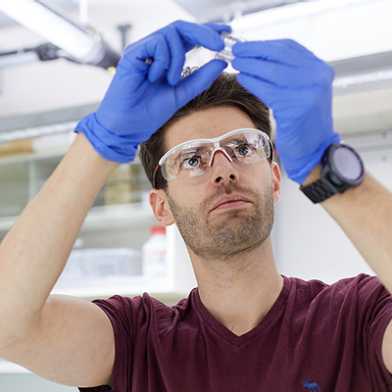
They should be fast, portable and easy to use: blood tests that can be done at home. Having already come up with a prototype, ETH Pioneer Fellow Alexander Tanno is working with doctoral student Yves Blickenstorfer to bring the idea to market.
The seismicity of Mars
News
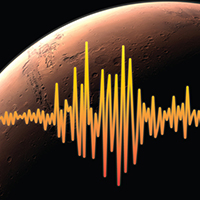
Fifteen months after the successful landing of the NASA InSight mission on Mars, first scientific analyses of ETH Zurich researchers and their partners reveal that the planet is seismically active. The recorded data enables a better understanding of the interior of Mars, the primary goal of the InSight mission.
Decision time predicts the risk of depression relapse
News

Researchers from ETH Zurich and other universities have shown that it is possible to predict the risk of relapsing into depression after stopping antidepressant medication. People who relapse take longer to decide how much effort to invest for a reward.
Time-resolved measurement in a memory device
News

Researchers at ETH have measured the timing of single writing events in a novel magnetic memory device with a resolution of less than 100 picoseconds. Their results are relevant for the next generation of main memories based on magnetism.
More commitment to the SDGs!
Zukunftsblog

The Sustainable Development Goals (SDGs) set out the way to a more sustainable world. But the 17 goals are not yet firmly anchored in everyday university life. Christine Bratrich feels this has to change.
There will be organisms without biological parents
Zukunftsblog

Bioengineers are on the brink of developing artificial organisms that will open up new applications in medicine and industry. Beat Christen discusses their risks and benefits.
Underestimated chemical diversity
News
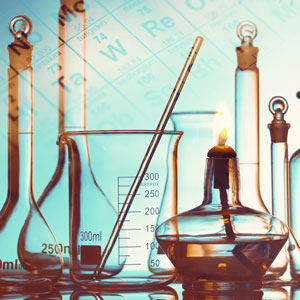
An international team of researchers has conducted a global review of all registered industrial chemicals: some 350,000 different substances are produced and traded around the world – well in excess of the 100,000 reached in previous estimates. For about a third of these substances, there is a lack of publicly accessible information.